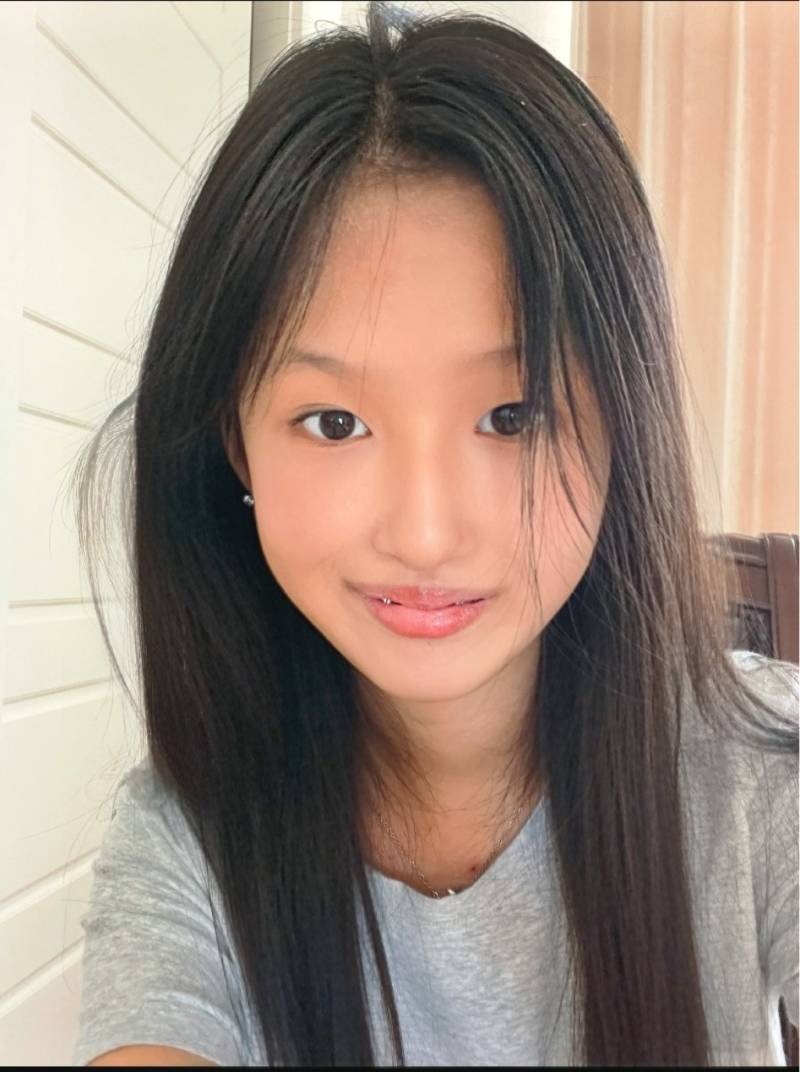After witnessing an emergency situation, Jiayang Gu explores how biases in health care can impact women.
The greatest danger may not be the emergency but our reluctance to act — something I learned firsthand on a sweltering afternoon. My mother and I walked to the bus station, waiting for the bus to the dentist. The air shimmered with heat waves as bustling crowds surged around us. Nearby, a woman stood alone, breathing heavily; her complexion was pale. Suddenly, she began to tremble, and her breaths quickened.
She frantically searched through her bag. Her hand moved faster and faster until she began to convulse, and then she collapsed to the ground. The once noisy crowd quieted as people gathered around her, some even pulling out their phones to record. “Did anyone know any first aid?” someone shouted. A man beside me whispered, “I do, but…” His voice faded, and his eyes flickered with uncertainty and hesitation. Fortunately, the woman survived after emergency personnel arrived and provided the care she needed. However, it was striking to see that, despite the crowd of witnesses, no one else stepped forward to help.
Later on, I realized that it wasn’t just one person’s hesitation, but it reflects a broader, invisible issue. We often assume that people will instinctively jump in to help without hesitation during an emergency. However, research shows that women in need of first aid are about 27% less likely to receive it in public compared to men. Unconscious biases — fueled by social norms, and anxiety about accidentally injuring them, all play a role in why people hesitate.
While Good Samaritan laws protect people providing emergency assistance from civil and criminal liability, the biases remain, including in health care. Moreover, interactions between medical staff and women patients also reflect the biases. Too often, women were told that they were exaggerating their pain. Those misunderstandings not only hurt their mental health but further delay the care they desperately need.
As the wail of the ambulance grew fainter, will we look back and regret our silence? It’s unfair and life-threatening when biases prevent someone from getting the help they need.
With a Perspective, I am Jiayang Gu.
Jiayang Gu is a high school student who is passionate about science, writing, and community service. She enjoys exploring new topics through reading and volunteering to make a positive impact in her community.
